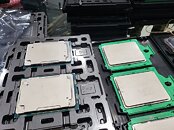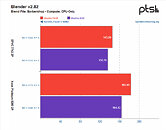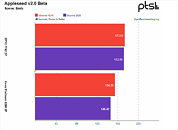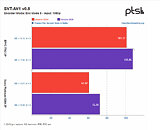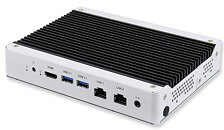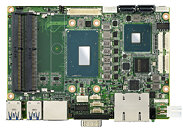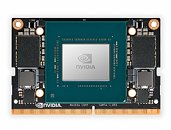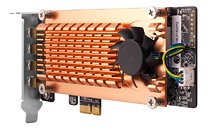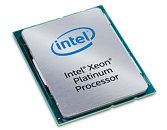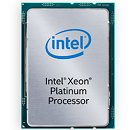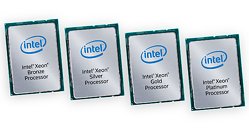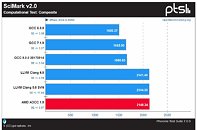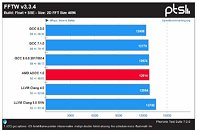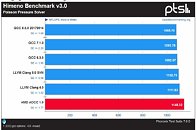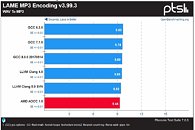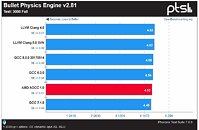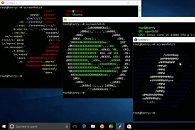
GIGABYTE First to Launch an Arm-Based Motherboard with 256 CPU Cores
GIGABYTE Technology, an industry leader in high-performance servers and workstations, today became the first-to-market with a dual-socket motherboard, MP72-HB0, that supports up to 256 Arm cores, making it ideal for cloud native workloads. Also, the launch includes two more servers, G242-P35 and G242-P36, to offer up to 120 TB of NVMe (Gen4) storage capacity paired with Ampere Altra or Ampere Altra Max processors. These GPU-centric servers and motherboard will quickly find a home with hyperscaler and cloud workloads. Altra Max processors have predictable high-performance by having a high core count CPU with one thread per core, 128 threads on a monolithic 128-core chip. Multi-socket support and a wealth of PCIe/CCIX lanes make the platform highly scalable. At the same time, there is industry-leading power efficiency/core, which is highly sought after by our customers.
























